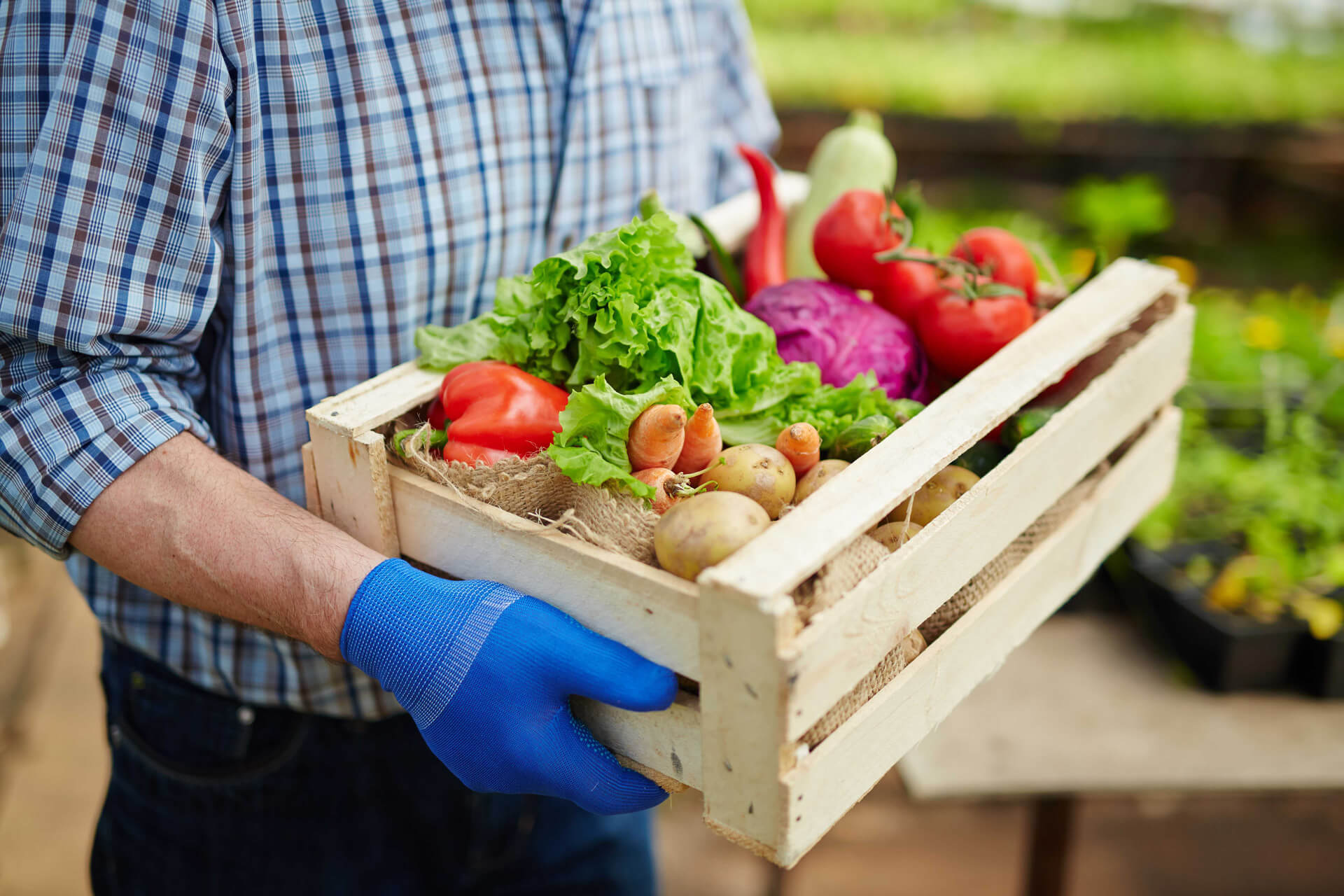Egypt, with its millennia-old agricultural legacy, is a land where the fertile Nile Delta meets the relentless sun. This unique climate doesn’t just result in an abundant harvest but gives Egyptian produce an edge in nutrition and taste compared to its global counterparts.
Bursting with Nutrients
Rich Soils of the Nile: The Nile’s nutrient-dense silt, deposited year after year, provides the land with minerals and organic compounds. Crops grown in such soils inherently have a richer nutrient profile. For instance, Egyptian oranges often have a higher vitamin C content compared to those cultivated in other regions.
Longer Sunlight Hours: Egypt’s geographical location means it benefits from prolonged daylight. Sunlight plays a crucial role in photosynthesis, the process plants use to grow and produce their nutritional content. This leads to fruits and vegetables like tomatoes and dates being densely packed with vitamins, antioxidants, and minerals.
A Symphony of Tastes
The sweetness of the Sands: One of the standout features of Egyptian produce is its sweetness. Fruits like mangoes, grapes, and watermelons cultivated in Egyptian sands are notably sweeter, often because of the consistent sunlight and specific soil composition, which influence the sugar content in these fruits.
Heritage Seeds: Egypt, being one of the world’s ancient civilizations, still uses traditional farming methods and heritage seed varieties. These heirloom seeds passed down through generations, result in produce that retains an authentic, richer taste compared to the more commercially grown counterparts.
A Broader Spectrum of Flavors
Globalization has led to the homogenization of flavours in many fruits and vegetables. However, Egyptian farms, with their diverse microclimates and cultivation techniques, offer a broader spectrum of flavours. Whether it’s the earthy taste of Egyptian lentils or the distinct zest of lemons from the region, the flavours are robust and unparalleled.
Organic and Sustainable Cultivation
Many Egyptian farms still use age-old farming techniques, steering clear of modern, synthetic inputs. This not only means cleaner, chemical-free produce but also food that tastes more natural and wholesome.
An Unbeatable Culinary Experience
With the nutrition and taste profile of Egyptian produce being so rich, it’s no wonder that Egyptian cuisine is renowned globally. When dishes are prepared using ingredients that are already nutritionally superior and flavorful, the result is a meal that’s both healthy and delicious.
In Conclusion
While the world offers a diverse range of fruits and vegetables, Egyptian produce stands out distinctly. The unique combination of Egypt’s geography, heritage seeds, and traditional farming practices results in produce that’s not just nutritionally superior but also tantalizingly tasty. So, the next time you savour an Egyptian fruit or vegetable, know that you’re enjoying a bite that’s been millennia in the making.




